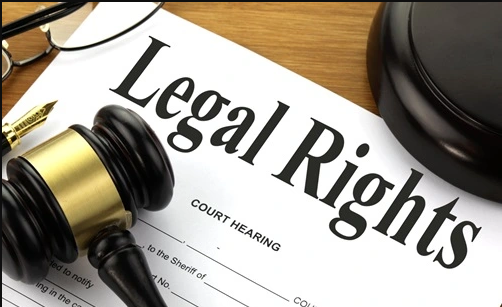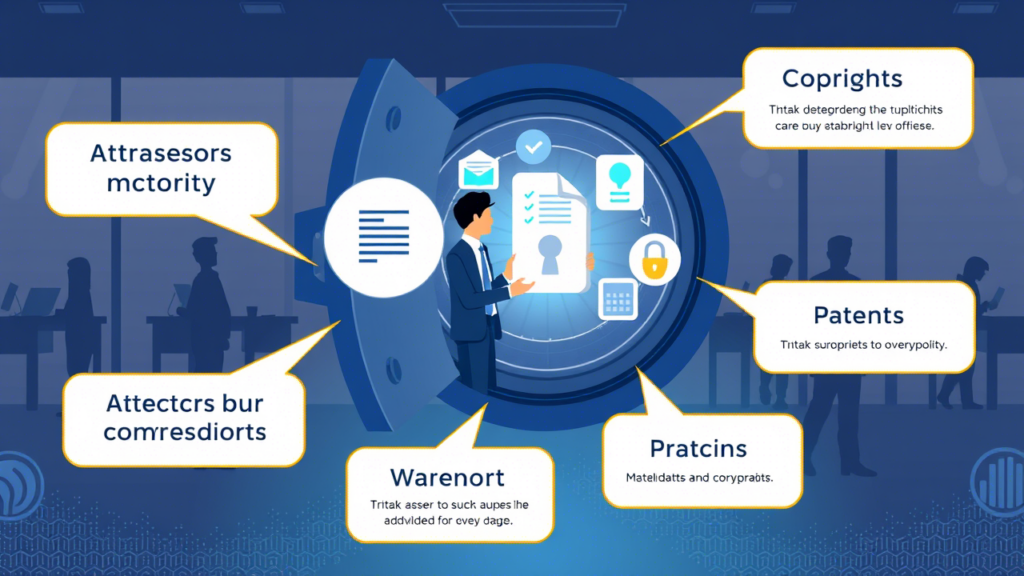Understanding Your Legal Rights: A Beginner’s Guide to the Law
In today’s complex world, knowing your legal rights is essential. Whether you’re signing a contract, dealing with a landlord, interacting with law enforcement, or starting a business, having a basic understanding of your legal rights can protect you from unfair treatment and costly mistakes. This guide is designed for beginners who want to understand the foundation of their legal rights and how to navigate common legal situations.
What Are Legal Rights?
Legal rights are protections and freedoms granted to individuals by law. These rights ensure that people are treated fairly and can seek justice when those rights are violated. Legal rights can differ depending on where you live, but many countries share common rights based on principles like fairness, justice, and equality.
Categories of Legal Rights
Legal rights typically fall into a few major categories:
- Civil Rights: These protect individual freedoms, such as freedom of speech, religion, and the right to privacy.
- Criminal Rights: These include rights when you’re accused of a crime, such as the right to a lawyer and the right to remain silent.
- Consumer Rights: These protect you when you purchase goods or services.
- Employment Rights: These include fair wages, safe working conditions, and protection from discrimination.
- Property Rights: These involve ownership, renting, and usage of land or goods.
Understanding these categories helps you identify when a legal issue arises and which rights may apply.
Common Legal Situations You Should Know
1. Dealing With Law Enforcement
If you are approached or questioned by the police, it’s important to know your rights. In many countries, such as the United States, you have the right to remain silent and the right to an attorney. You are not required to answer all questions or consent to a search unless the police have a warrant or probable cause.
Tips:
- Stay calm and respectful.
- Ask if you are being detained or free to go.
- Do not resist arrest, even if you believe it’s unjust.
2. Signing Contracts
Contracts are legally binding agreements. Whether it’s for employment, a lease, or a loan, it’s critical to read and understand the terms before signing.
Key Things to Check:
- Payment terms
- Cancellation clauses
- Penalties for breaking the contract
- Your obligations and the other party’s responsibilities
If something is unclear, don’t hesitate to ask questions or seek legal advice.
3. Tenant and Landlord Rights
Renting a home or apartment comes with legal responsibilities on both sides. As a tenant, you have the right to a safe and livable space and protection from unfair eviction. Landlords have rights too, including the right to timely rent payments and property upkeep.
Common Rights for Tenants:
- Privacy and notice before entry
- Return of security deposit under fair conditions
- Repairs for essential services like water and electricity
4. Employment and Workplace Issues
As an employee, you have legal protections against wrongful termination, harassment, and discrimination. You are also entitled to wages, breaks, and a safe working environment. Many countries have labor laws to protect both workers and employers.
Examples:
- Minimum wage laws
- Overtime regulations
- Anti-discrimination laws based on race, gender, religion, or disability
If you believe your rights are being violated, you can often report the issue to a labor board or consult a legal professional.
5. Consumer Rights
Whether you’re buying a car, signing up for a subscription, or shopping online, consumer protection laws are in place to guard against scams, defective products, and unfair business practices.
Know Your Consumer Rights:
- The right to accurate information
- The right to a refund or repair for faulty goods
- The right to cancel certain purchases within a grace period
Keep records of purchases, receipts, and communications for proof in case you need to make a complaint.
How to Protect Your Legal Rights
1. Stay Informed
Laws change over time. Stay up-to-date with legal developments that may affect you, especially if you’re entering a new phase of life such as starting a job, moving, or launching a business. Many government websites and legal aid organizations provide free resources for the public.
2. Document Everything
Keep written records of important transactions, contracts, and communications. If a legal issue arises, this documentation can serve as evidence and help your case.
3. Know When to Get Legal Help
Sometimes, issues are too complex to handle on your own. Hiring a lawyer or seeking legal advice from a qualified professional can save you time, money, and stress. Many communities offer free or low-cost legal aid services for those who can’t afford private attorneys.
4. Exercise Your Rights Respectfully
Asserting your legal rights doesn’t mean being confrontational. Knowing your rights allows you to speak up confidently and seek the appropriate remedy when needed, whether it’s negotiating a contract or reporting a workplace issue.
Where to Learn More
Here are some useful resources to deepen your understanding of your legal rights:
- Government Legal Aid Services: Often provide free advice and documentation.
- Non-Profit Legal Organizations: Many offer community education workshops and legal counseling.
- Online Law Libraries: Reputable websites like Justia, Nolo, or your local bar association offer legal guides for beginners.
Final Thoughts
Understanding your legal rights is not just for lawyers or people in trouble. It’s a crucial life skill that helps you protect your interests and make informed decisions. Whether it’s dealing with a landlord, signing a contract, or asserting your workplace rights, a solid grasp of the basics can make a big difference.
You don’t need to be a legal expert, but staying informed and knowing when to seek help can empower you in both your personal and professional life. Knowledge is your first defense—and your strongest tool.


